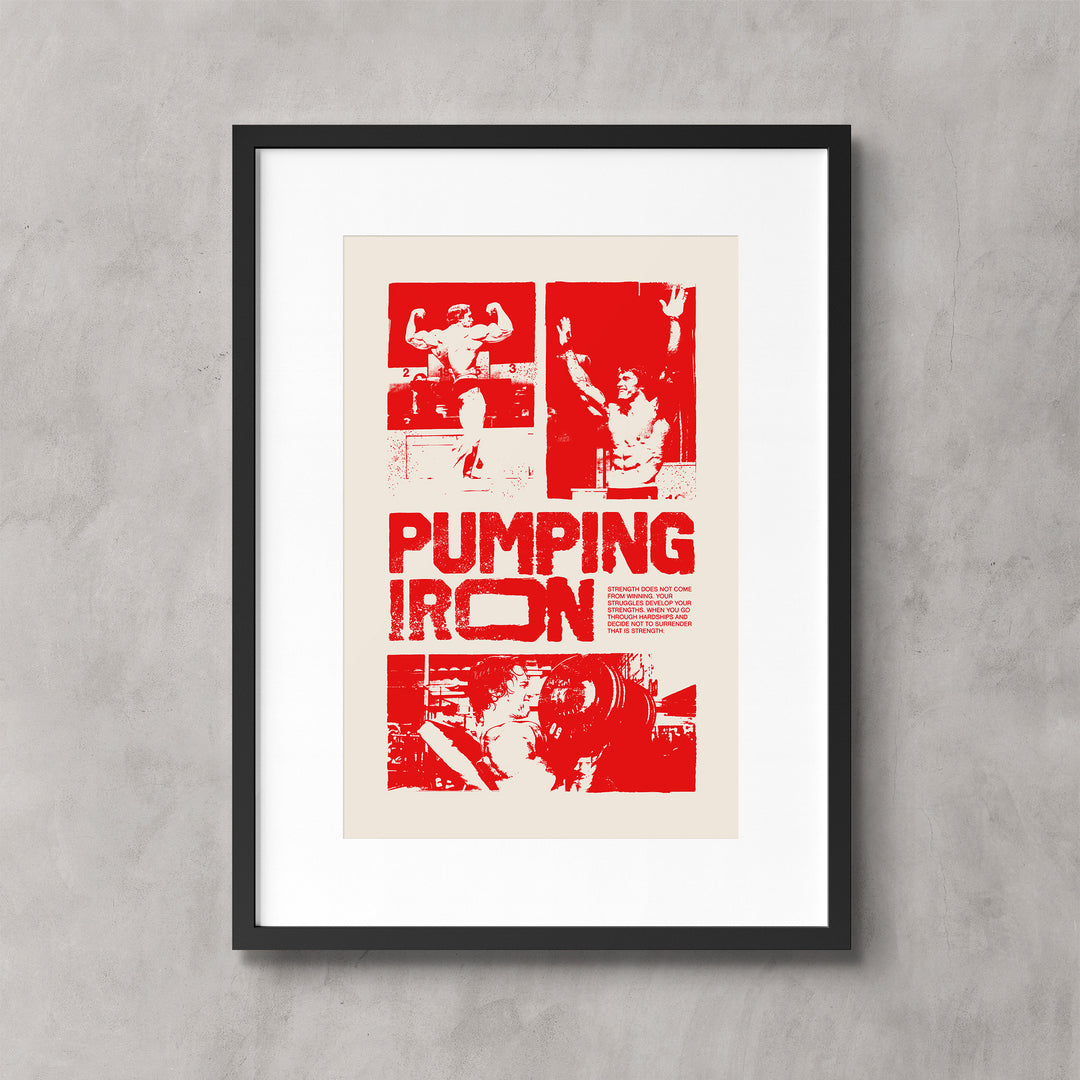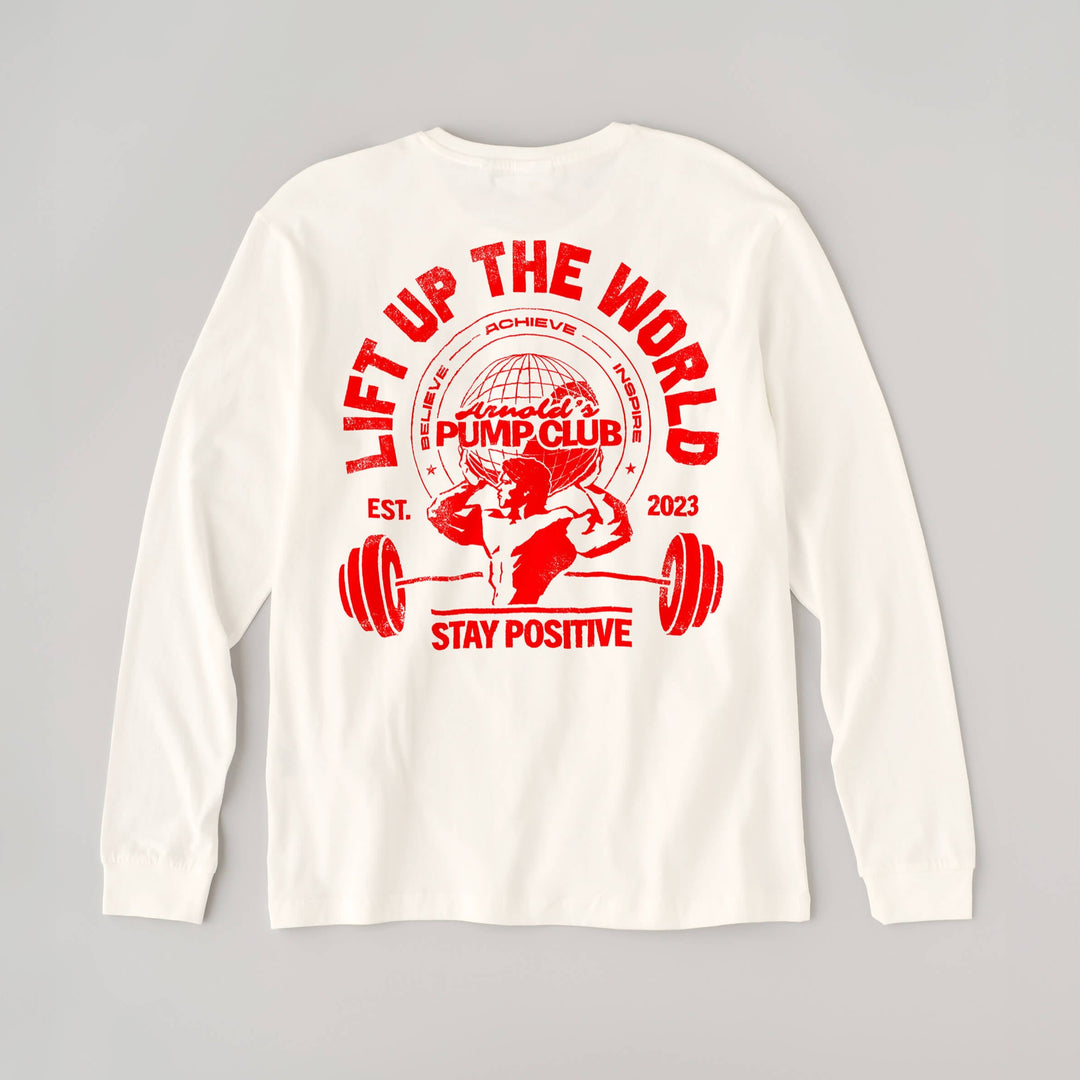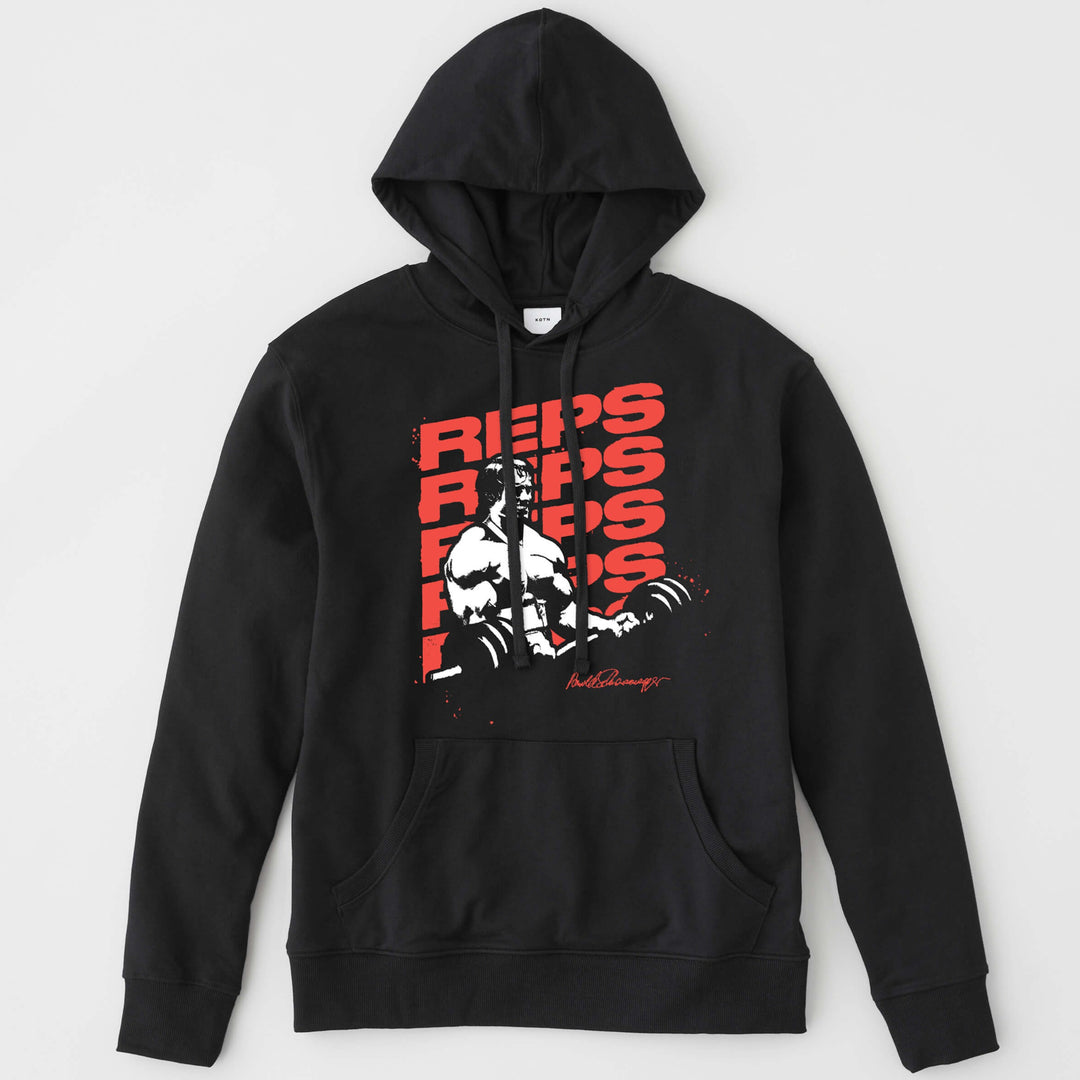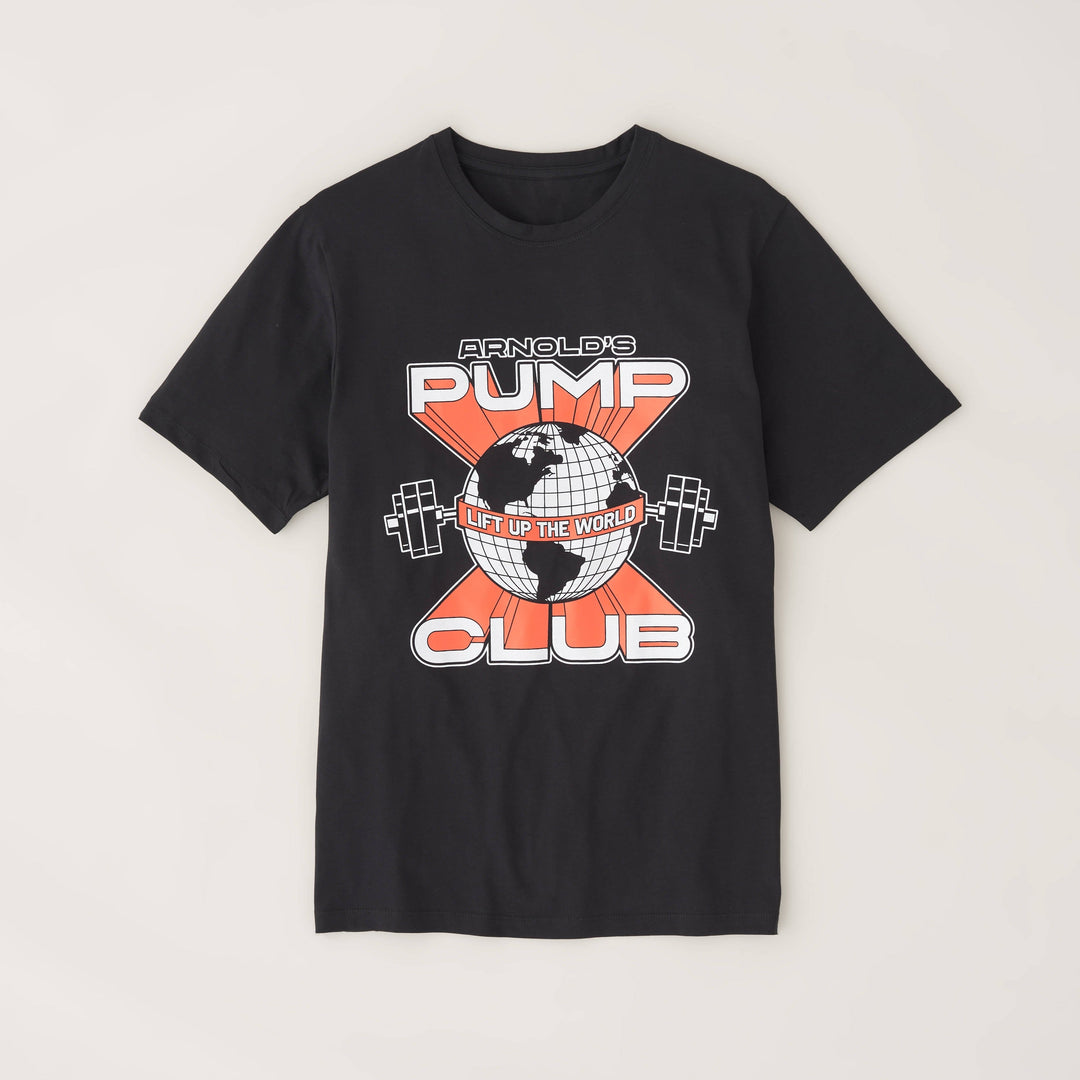Welcome to the positive corner of the internet. Every weekday, we make sense of the confusing world of wellness by analyzing the headlines, simplifying the latest research, and offering quick tips designed to make you healthier in less than 5 minutes. If you were forwarded this message, you can get the free daily email here.
Today’s Health Upgrade
The science of managing your emotions
Should you carb up during your workouts?
The $150,000 Instagram trainer
Arnold’s Podcast
Want more stories from Arnold? Every day, Arnold’s Pump Club Podcast opens with a story, perspective, and wisdom from Arnold that you won’t find in the newsletter. And, you’ll hear a recap of the day’s items. You can subscribe on Apple, Spotify, Google, or wherever you listen to podcasts.
The Science of Managing Your Emotions
How do you react when you feel strong emotions? If you try to suppress them, you might do more harm than good.
New research suggests embracing and expressing your emotions rather than avoiding them maximizes your emotional well-being.
Your ability to acknowledge and accept your emotions is known as psychological flexibility. Many people believe they have to embrace the good and purge the bad, but psychologists have found that people who can experience reality as it is are better at adapting to situations, experience less stress, and are less likely to be pulled down by hard times.
For instance, if you have a frustrating experience, it’s best to allow yourself to acknowledge the frustration, accept why it would upset you, and then let the frustration leave by addressing what you can do that’s within your control to handle the situation differently.
Researchers tracked people’s emotional responses to different visual prompts and found that people who didn’t try to suppress their intense emotional reactions — whether positive or negative — were happier, had less anger, and made it less likely that people would respond poorly to similar stressful situations.
Ignoring negative emotions does the opposite of what you might think. It just forces them to build up, doesn’t teach you how to react to them, and each stressful situation can pull you down more than the last. If you notice and embrace your emotions, they are less likely to control you, leading to more happiness.
To improve your psychological flexibility, don’t avoid situations that make you fearful, stressed, or unhappy. Instead, getting more reps in challenging situations helps you confront and co-exist with uncomfortable emotions. When you find yourself in those difficult moments, separate your thoughts from your judgments. People bury their feelings partly because they believe it reflects poorly on their identity. But a thought is just a thought. Allowing thoughts and feelings without judgment can help you see situations more clearly and learn how to adapt.
Do You Need Carbs During Your Workout?
We hope you know by now that carbs are not the enemy. Research suggests that carbs support muscle growth and performance. But does the timing of your carbs offer any additional benefits?
A new study suggests that consuming carbs during your workout does not improve overall performance.
Before we get into what the study found, let’s not get it twisted. This is not to say that pre-workout carbs can’t help performance. Or that you can’t have carbs during your workout. Or that removing carbs around a workout might not support fat loss. This was about whether drinking carbs during a workout helps you push harder.
The scientists had participants perform four fitness tests (hand grip strength, jump performance, bench press, and an all-out 30-second sprint), then they rested for 30 minutes, did a high-intensity 20-minute program, rested again for 20 minutes (this time having a carb drink or having a placebo drink), and then repeated the original performance tests. One week later, they did the same thing but switched conditions (if they had the carbs, they then had the placebo drink).
Having the carb drink did not lead to any performance improvements compared to the placebo.
This aligns with prior research about the effectiveness of intra-workout carbs and resistance training. Previous research found that taking carbs when doing squats to exhaustion did not help people do more squats.
So, are sports beverages all BS? Not exactly. Most of the research on carb-based drinks was linked to longer-lasting endurance exercise. This is because your glycogen — a primary energy system for exercise — can last about 90 minutes. So, for longer workouts (think around 2 hours), consuming carbs can help support better exercise output. Beyond that, it’s just a matter of personal preference, not performance.
The $150,000 Trainer On Instagram
Would you pay $150,000 for a workout? That’s exactly how much people paid for a once-in-a-lifetime workout with Arnold. (To be clear, all money went to After School All Stars, which provides after-school programs and exercise for 100,000 kids in 60 cities.)
But if you don’t have $150K in your couch cushions, you can still experience what it’s like to get training tips from Arnold on the new Arnold’s Pump Club Instagram page. The other day, he shared how to do one of his favorite exercises.
If you want full access to Arnold’s exercise and workout library, a habit builder, access to top nutrition experts, premium content, and special discounts and experiences, download The Pump app. “The Village” is an extension of the positive corner of the internet. Enjoy your free 7-day trial and see if it has what you want. Anyone who purchases a yearly membership also receives a bonus $100 gift to Momentous (you’ll receive it after your free trial ends).
Join us in the app, and you’ll be just in time for a Q&A with Arnold that is happening later today.
—
Publisher: Arnold Schwarzenegger
Editors-in-chief: Adam Bornstein and Daniel Ketchell






















